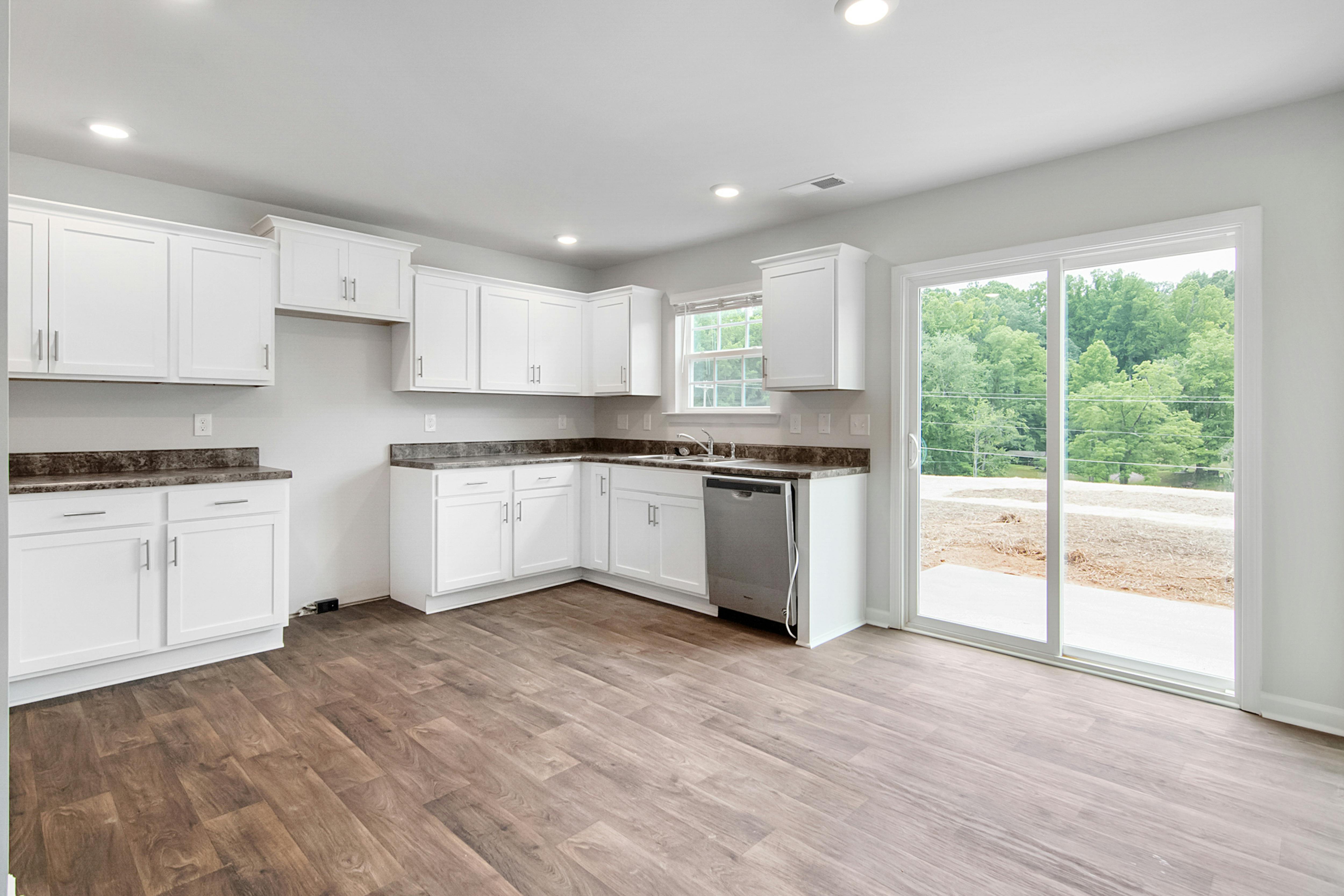
How much is that old property worth in a market with no current buyers?
The other day, I was having a conversation with an acquaintance about appraisals of vacant buildings, mostly commercial-type real estate, and the challenges with appraisals and the new rules for fair value accounting. In fact, the underlying question really is; What is something that is really worthwhile these days? and sometimes the answer may well be; Who knows?
And in this discussion we don’t really get into the challenge of “determining the value of a security on the open market when there are no buyers in that market.” But what if that collateral is backed by real estate? We still have a problem, as without buyers for the collateral or the assets it contains, there is no intrinsic value, and the concept that something is worth what someone pays for it kind of goes out the window. But in the income property, could it go ‘X times’ the monthly gross income? Is that what you do?
My acquaintance noted that “for income property, you are correct in determining its fair value. However, this becomes even more of a challenge if the income property is vacant and therefore not generating any income. In that case, the property would have to be evaluated by an independent third party and the loss in fair value would come directly from the consolidated results”.
Now moving this conversation around the globe to another continent, consider some of the challenges with Chinese property, all the real estate speculation, bogus municipal vehicles, and the banks that hold those assets. What a mess, and many of the banks involved in the financing went public to cover potential losses from all of this, but that just adds another layer of challenges for the future.
Okay let’s go back to the US and consider all those damn empty GM factory buildings there was an interesting article about this in Investor’s Business Daily and another in the WSJ about this what a mess it reminds me of the belt area of rust outside of Chicago, or the old steel mills, mines, etc., closed and half-built projects like Dubai buildings, residential areas, industrial facilities, BK’d ethanol refineries, airports, etc. Can you see all the challenges with fair value assessments? ? Who’s to say how much those things are worth, a bankruptcy court?
And think of all those BRAC properties with superfund problems or donated to local cities, counties. Or a lot of those old rail lines shut down with splinters and pieces of property running through all sorts of BLM areas, cities, enterprise zones, collapsed industrial areas, etc. Anything goes is both an asset and a liability for owners with the numbers on both sides often quite high.
When it comes to evaluation, it seems that everyone is busy looking at previous case law, case studies, examples, previous agreements, and only a few are real experts or even smart enough to get it, or even come close to any reality, and everything the world seems to be covered. their bets are based on their own interests, they risk adversity, but to close the deal there has to be some concession somewhere, sometimes, and with crisis there is opportunity, risk/reward. It’s a tough job you have, but it’s necessary, and it also requires experience.
In the car wash industry, we often had operators that separated the land from the car wash business model, two separate businesses, but not everyone evaluates that way; most look at that model to assess what is in their best interest: buyer’s banks, seller’s bank, insurance, buyers, sellers. If you are the bank, you see it differently than the operator, owner of the land, etc.
Then in the franchise business we deal with master leases in some cases on top of that now we add a temporary drought, car wash closed for two years, what’s the deal worth now? Level and demolish the car wash and sell it to McDonalds if the corner is decent, or wait and operate the car wash when the tier 1 drought returns, or when the drought ends?
I have always admired the public storage model and how the business cycles worked, waiting for the land to appreciate, while paying for itself. I have also found the strategies of the likes of Trump and Trammell Crow alarming and cunning.
Not long ago, I remember a downtown Los Angeles building that was sold to South Koreans, and everyone was thrilled with the commercial real estate space there because finally something in the area was sold in the area (within 2 years) to help give a base how bad the commercial real estate market in Los Angeles was or wasn’t. Having that reference point was crucial for the market.
Still, things get complicated very quickly, and more often than not it’s something between a game of dice and a shot in the dark. Which brings me to my last point; No matter what you determine something is worth, you can’t realize that amount until someone is willing to pay you for it.